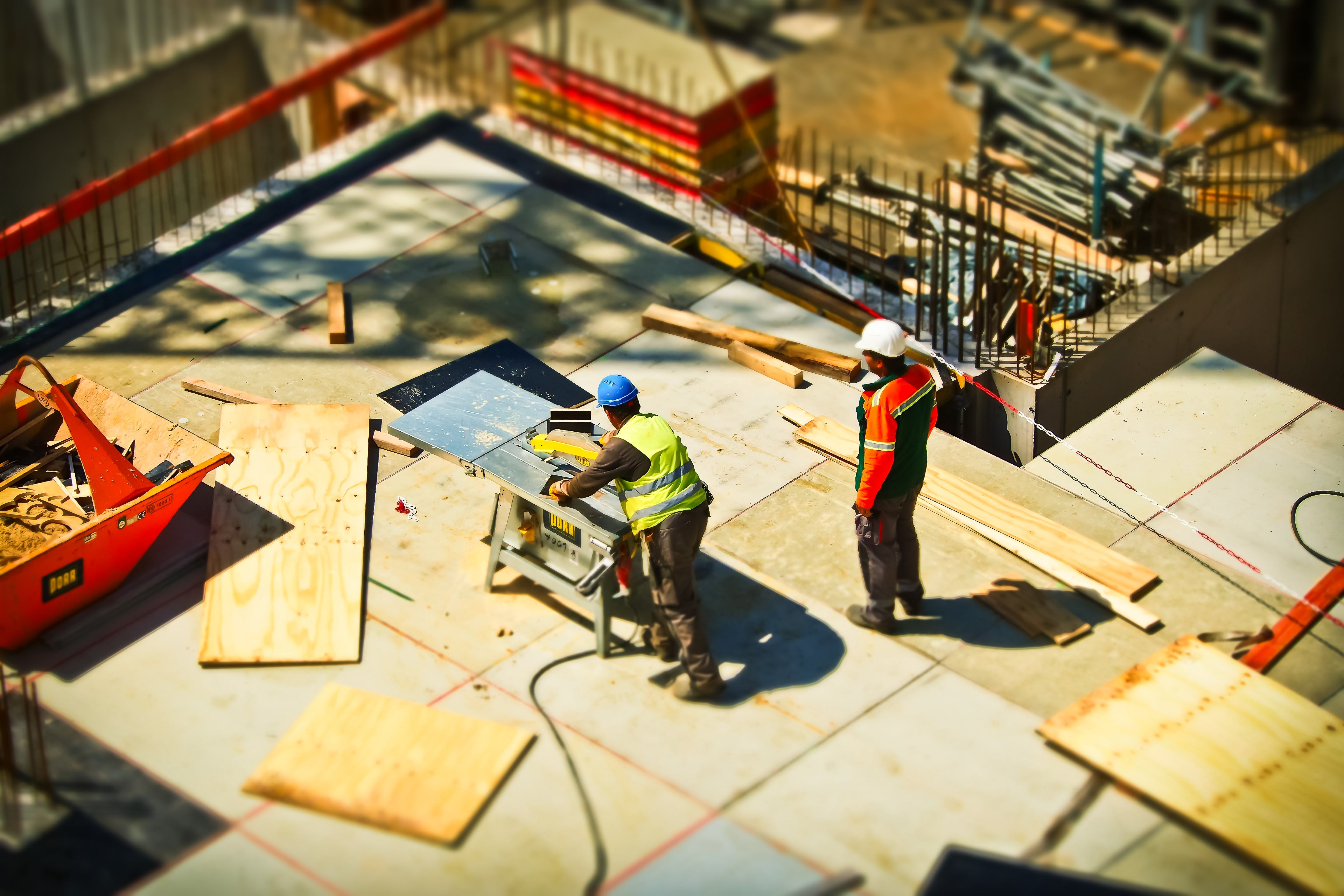Commercial vs. Residential Construction: Key Differences You Should Know
April 14, 2025

Commercial vs. Residential Construction: Key Differences You Should Know
When it comes to building construction, residential and commercial construction might have differences in their processes. Commercial construction happens on a larger scale than residential construction. Besides, commercial construction might be more complex than the residential construction process. On the other hand, a residential construction process involves a more customised approach. The contractor must understand the specific needs of the property owner and construct a building as required. If you want to know the difference between commercial and residential construction processes, this blog is for you. Learn why you should choose a suitable construction contractor for the project you plan to accomplish. Also, you will learn why experience in the field matters for better performance and success.
What Is Residential Construction?
When a construction contractor builds houses, flats or duplexes for the property owner's specific needs, it falls under residential construction. In residential construction, rooms might be of different sizes with customised designs. The contractor may also have to construct swimming pools and driveways to fulfil the family's needs. Residential construction suits house owners or property owners looking to build their homes.
What Is Commercial Construction?
On the contrary, offices, warehouses, retail complexes, and other commercial buildings are built using a commercial construction. The main difference from residential construction is that in commercial construction, you have to make buildings that are usually large-scale. In commercial construction, the design of the structure depends on its purpose. For example, warehouse construction must include specific floor designs for loading and off-loading goods. In retail shops, however, the design of the building must be spacious to attract customers and display products. One of the main differences is that commercial construction involves meeting safety standards for commercial buildings. Now, let's focus on the key differences between commercial and residential construction.
Key Differences Between Commercial and Residential Construction
The difficulty and complexity of projects and the following building codes are essential differences between the two construction processes. Let's take a look at them in detail.
Project Scale and Complexity
Residential projects are much smaller and simpler compared to commercial construction. As a property owner, you can communicate with the contractor and tell him about the required features for your building. It can be the design of your home, building a basement or constructing a pool in the yard. Simple construction is the key feature of residential buildings. On the other hand, commercial construction involves large quantities of large-scale machinery and construction material to complete the building. A commercial building can be five times taller and larger than a residential building.
Building Codes & Regulations
You might have to follow standard rules and regulations for building safety in residential building construction. However, in commercial building construction, you must follow strict safety guidelines. It might include fire safety, ventilation, waste disposal, emergency exits, etc. As commercial buildings are prepared for conducting business activities which involve hundreds of employees, following safety standards becomes necessary.
Design and Materials
In residential construction, the focus is on constructing buildings following a customised design. Standard construction materials are used for building longevity. On the other hand, in commercial construction, materials are chosen for durability and energy efficiency. As commercial construction happens on a large scale, it's natural that it would require more resources, investment, and time. Talking about residential building, you need fewer resources in the process.
Budget and Timeline
As commercial construction happens on a large scale, it needs more time and resources. Naturally, you have to invest more in the commercial construction process. On the contrary, the residential construction process can be small to medium, depending upon the requirements of property owners. Still, it needs fewer resources and time than the commercial one.
Construction Teams and Expertise
While the construction process might be the same for residential and commercial, the planning and team of expertise might differ. In commercial construction, a team of multiple engineers and expert contractors come together to construct a building. Meticulous planning and expertise are involved in the construction process of commercial buildings. On the contrary, a single team of construction contractors with years of experience in the field are enough to build a residential complex unless there are some difficulties and challenges involved. So, how should you choose a suitable construction contractor for your project?
Selecting the Right Contractor for Your Project
Each type of construction work involves different experts. A commercial contractor may have the expertise to build large buildings but may not be quite capable of constructing a residential building. Because communicating with the property owner and delivering the project as per customised requirements might be challenging. Focusing on small details and specifics might be challenging for a commercial construction contractor. However, he can do wonders in commercial construction, as he has expertise in the field. Contact Commercial Construction Contractors today if you want quality and expertise in commercial construction.
Conclusion
The main difference between the two construction processes is in the complexity and scale of the construction. Commercial construction involves large-scale machinery, construction materials and more time. At the same time, residential construction might not require these things. The main focus of residential construction remains on providing tailored design and building requirements.
Recent Blogs
- How to Design a Modern Student Accommodation to Meet their Expectations
- How the Turnkey Office Construction Projects Offer Value for You
- How Prefabricated and Modular Construction Help in the UK Construction Industry
- What are the challenges of Commercial Construction in the UK?
- Designing Modern Office Spaces: Trends in Post-Pandemic Work Environments